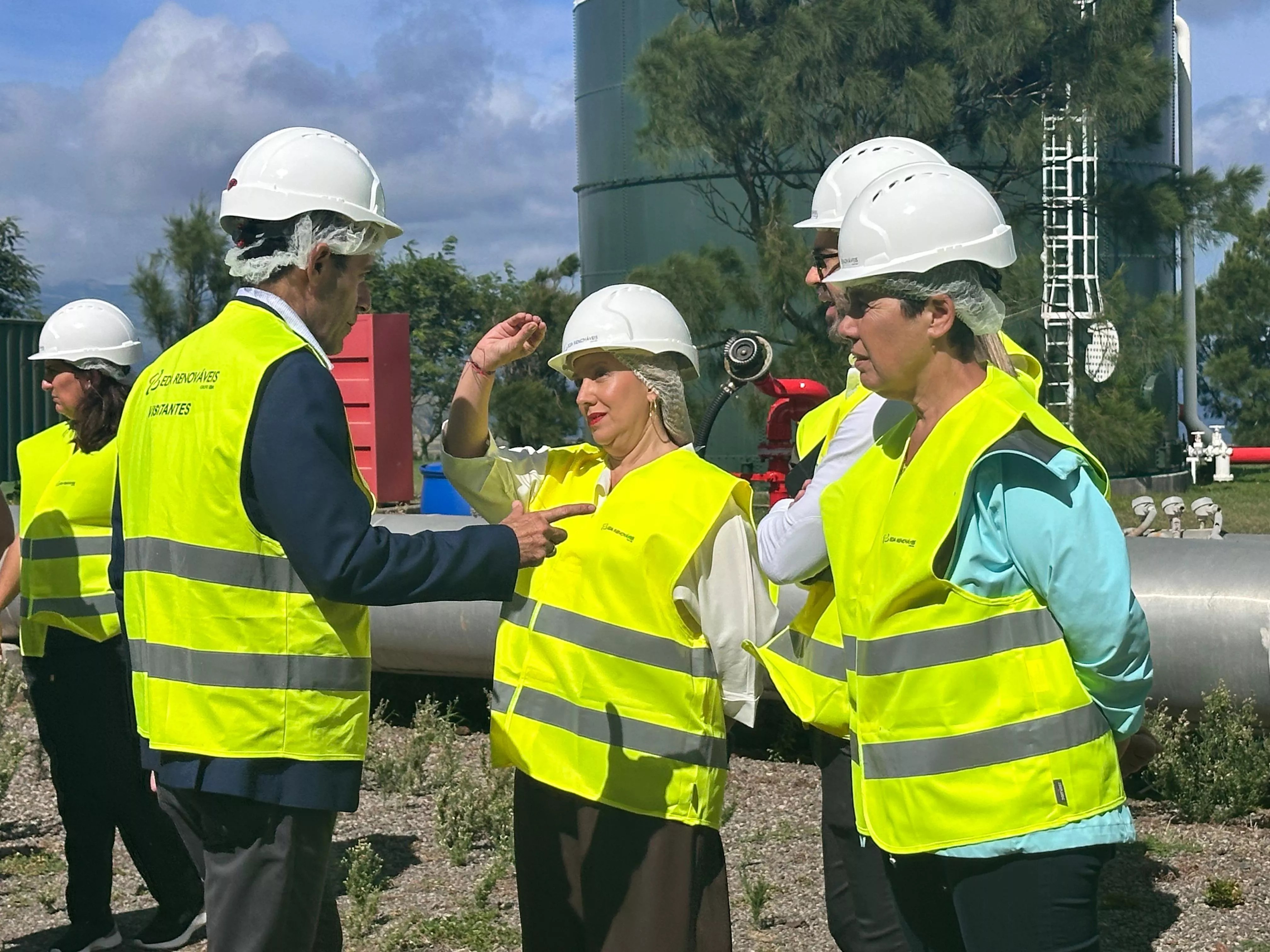The rescue operation for three women who were close to the Altavista shelter, situated near the summit of Teide, concluded on Monday after they were taken to the La Guancha helipad. They opted against being transferred to a medical facility after receiving treatment from the SUC basic life support ambulance team.
The rescue was initiated as the women were suffering from hypothermia and general illness after ascending to the higher region of Mount Teide alongside more than twenty individuals, unable to return via the cable car due to adverse weather conditions which rendered it inoperative.
Responders from the Tenerife Firefighters Consortium and members of the Immediate Emergency Response Team (ERIE) of the Spanish Red Cross were involved in the operation in Montaña Blanca, assisting the remaining group members to descend to a safer location. This included a group of 22 individuals and another of six, some of whom were in shorts and unsuitable footwear.
The Cabildo has reiterated in recent days, following the evacuation of 130 individuals since Saturday, that Teide is a high-altitude area with low temperatures, frost, and the potential for altitude sickness. They have labelled climbing without experience or proper preparation as “genuine recklessness.”
In this vein, they emphasise that the precautions and warnings aim to prevent incidents and protect individuals’ safety, and failing to comply with these guidelines “poses an unnecessary and avoidable risk.” They also express gratitude towards the emergency teams and the Teide Cable Car staff for ensuring the safety of those rescued.
















